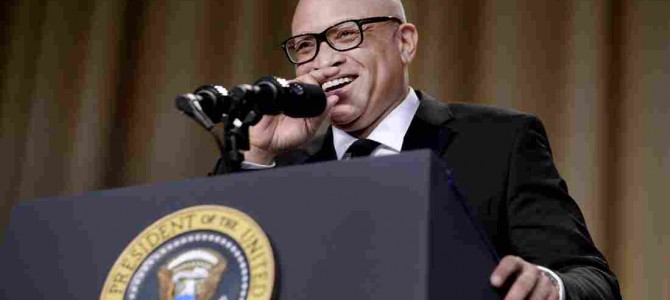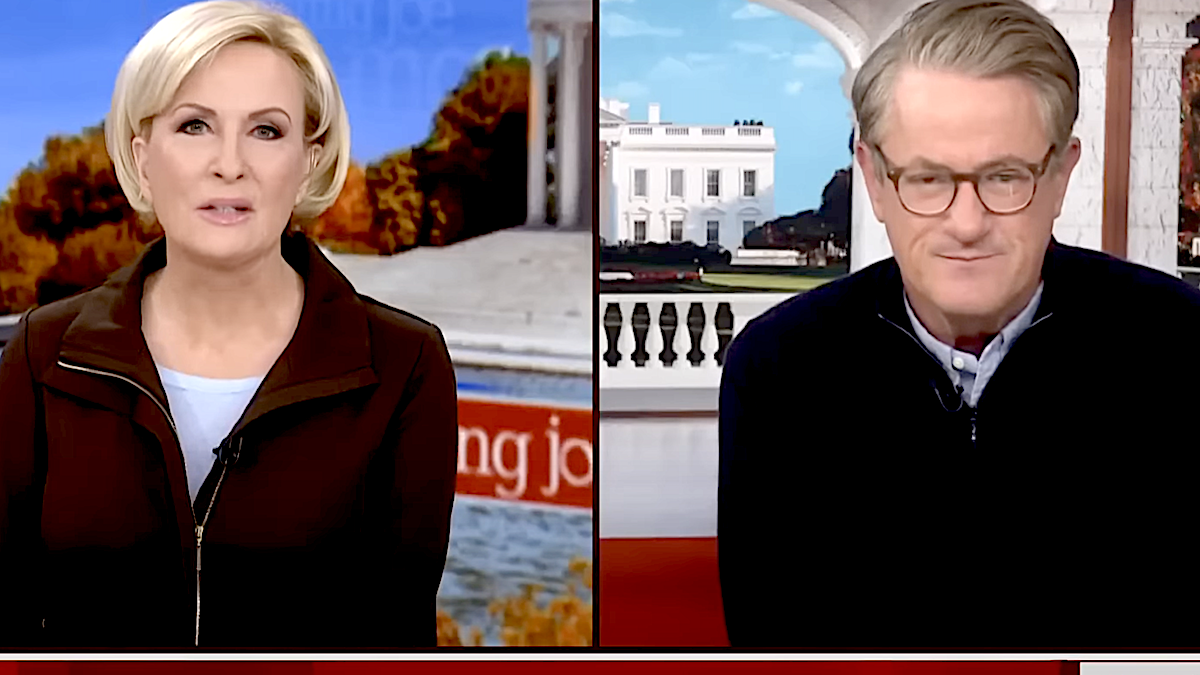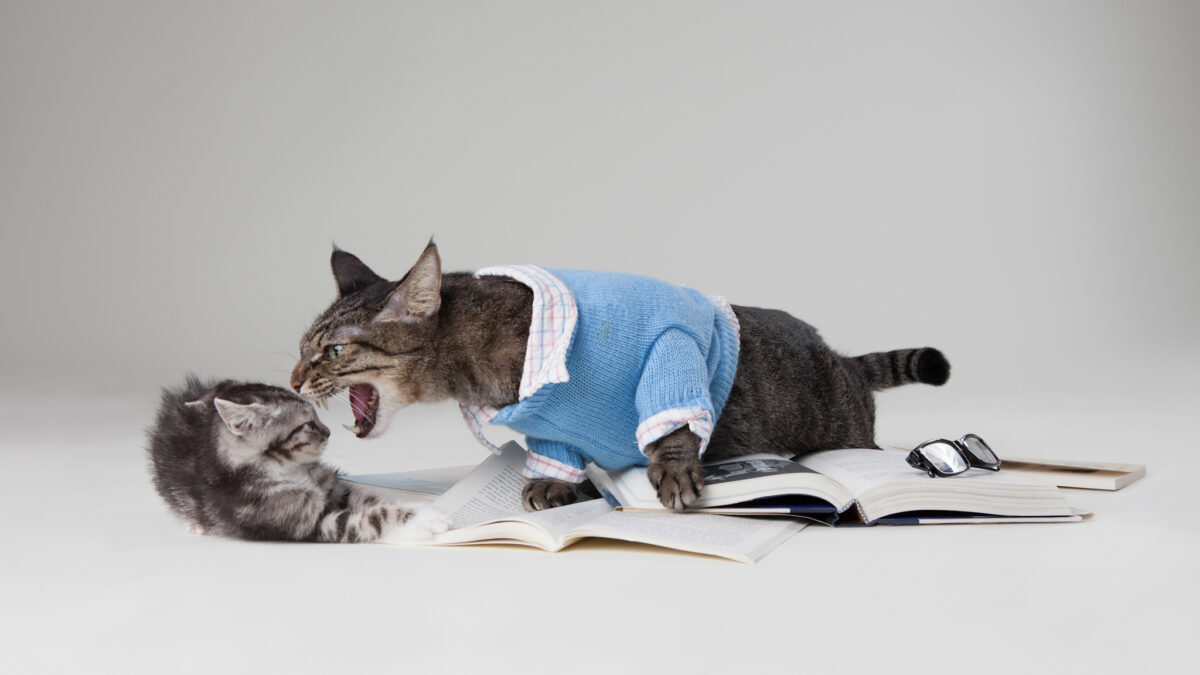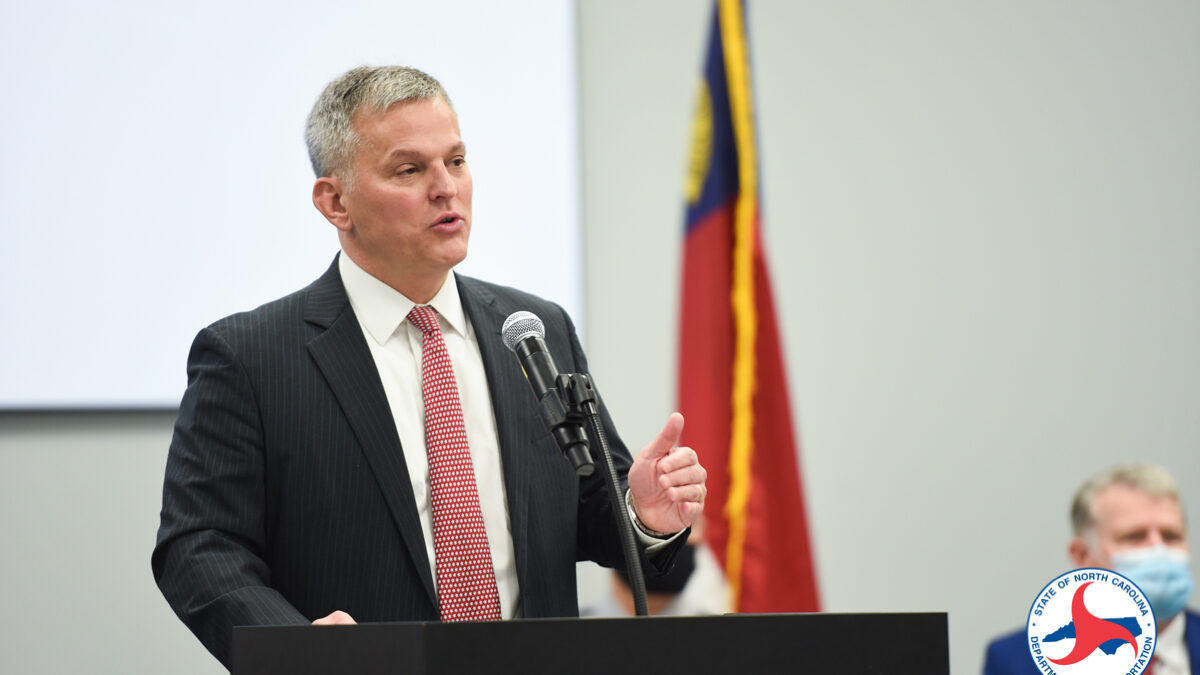
When comedian Larry Wilmore showed up for hosting duties at this weekend’s White House Correspondents Dinner, he set off an annual round of complaints with his performance. The reviews were tepid-to-bad for Comedy Central’s host of “The Nightly Show with Larry Wilmore,” as he discomfited the room with using a form of the n-word and received a lot of silence and the occasional middle finger from the ballroom’s be-tuxed and be-dazzled.
“I could feel the resistance in the room almost immediately. I kind of realized early on that the tone of what I was doing did not match the room. But then I also realized there’s not much I can do about it now, because this is what I’ve prepared.”
The White House Correspondents Dinner is full of famous, important, rich people who fancy themselves great fans of edgy political comedy, but here’s the problem. If there is edgy political comedy to be had to complement the overdone filet, the famous, important, rich people in the room will be the butt of jokes. And famous, important, rich people aren’t that great at that. Here are seven ways the White House Correspondents Association could ameliorate the annual complaint fest.
1. Decide if you want to be skewered or not.
This is a classic case where the purported mission of the host does not align with the desires of his audience. To paraphrase an old journalism adage, he thinks his job is to afflict the comfortable, but the comfortable don’t actually want to be afflicted.
Writing in the Los Angeles Times, Steven Zeitchik likened it to the Oscars hosting gig: “Watching the squirming and groaning, what came to mind was another tuxedoed show with a similar speaker-audience dynamic: the Oscars.
“There too a group of muckety-mucks fill an auditorium after choosing someone to roast them, then get upset when just that happens. The fundamental paradox of Oscar hosting is that the people watching at home often want the kind of humor that will tweak, or even alienate, the people in the room.”
The comparison is apt except for the fact there is no “audience at home” to speak of for the WHCD. It’s aired on C-SPAN, which was the butt of one of Willmore’s funnier jokes—”It is good to be on C-SPAN. I’m glad I’m not on your rival station, No Input HDMI1.”
The journalists in the room should decide whether they want to be skewered or not. Without much of an audience at home, there’s no big obligation to to serve them, and Lord knows the WHCD isn’t spending any time thinking about how to serve real America with the rest of its agenda.
2. Get over yourself if you do want to be skewered.
Okay, so you’ve decided the comedian at your fancy event needs to make a statement. Great, now you’ve got to suck it up and laugh here and there for his piercing barbs and cutting witticisms, or you look like a bad sport. If you’ve brought in a political comedian, you know what you’re getting. Don’t be surprised when he serves it up.
3. Pick a non-political comedian.
There are plenty of funny people who would do a broadly palatable job without doing political comedy. The key here is to drop the pretense that this is an event of political importance filled with people interested in trenchant commentary. It is not, and that’s not the end of the world. If it walks and quacks like a party, maybe it’s just a party.
There’s nothing wrong with bringing in someone funny to entertain your fancy party with light barbs and observational humor. Political humor is usually a bore anyway. Unless it’s really, really good, it’s both utterly predictable and polarizing. What a terrible combination. This solution requires something of the famous, important, rich people even harder than getting skewered— admitting they’d rather be comfortable than afflicted.
Along these lines, Jay Leno, Craig Ferguson, and Drew Carey have been successful without being terribly splashy. Jim Gaffigan would be a good choice in the tradition of the dinner’s first comic performer— Bob Hope. And it’s worth noting that a performer with a light touch can sometimes land even more effective punches than their in-your-face brethren.
4. Make the funniest political reporter the host.
In this scenario, I’m asking the WHCD to fully admit that it is an inside-DC event for people inside DC, and hire the entertainment accordingly. Sure, it’ll probably be mostly lame, but the room will feel comfortable and there are plenty of smart reporters or personalities who can turn in a half-decent performance. The Gridiron Dinner is put on entirely by reporters and TV personalities, and it’s one of the funniest dinners on the DC circuit. It has the benefit of being off the record, so people can let it all hang out. But a slightly less unleashed Gridiron performance would be more than sufficient for the White House Correspondents Dinner.
5. Pick someone who only makes fun of President Bush.
Let’s give the audience what it really wants. Stephen Colbert’s 2006 performance is renowned as the gold-standard in correspondents dinner roasting. Colbert is a skilled performer, but let’s be serious: it’s mostly because he only roasted one person—President George W. Bush. The target was easy, powerful, and mostly affable under fire, and the mostly liberal audience was delighted with the choice. Hosts during the Obama administration have had to contend with an audience that doesn’t want them roasting the most powerful man in the room or them. Where to turn?
Colbert also performed in character, as his “Colbert Report” right-wing cable host parody. The persona acted as a layer of protection for the comedian, which brings me to my next choice.
6. Pick Selina Meyer.
Julia Louis-Dreyfus plays Vice President Selina Meyer in HBO’s spot-on DC send-up, “Veep.” The series nails the smallness, silly narcissism, and bumbling incompetence of our political culture. Dreyfus is a seasoned live performer who got her start on “Saturday Night Live” and the Chicago improv circuit. She’d join a smallish list of women hosts and puncture DC’s bubble without being a blowhard.
7. Go for the full bore.
Do a standard, boring DC dinner. The increasing glitz and glamour of the White House Correspondents Dinner has come under fire over the last two administrations, with the student scholarships—the ostensible reason for the dinner—dwarfed by the money spent on the event and obscured by the spotlight on the visiting Hollywood stars. Stop trying to be the Oscars, pick a workmanlike host who can emcee proficiently, and be done with it.
The biggest problem with finding a host is not actually finding a host, but that any host worth his salt will see that what most needs skewering is the event he’s actually hosting. The White House Correspondents Dinner has become so emblematic of Washington’s self-absorption, self-importance, disconnect from regular Americans, and general obnoxiousness that to leave it unremarked upon is nearly impossible. The dinner could remove itself as a target by toning down the event — but don’t hold your breath.









